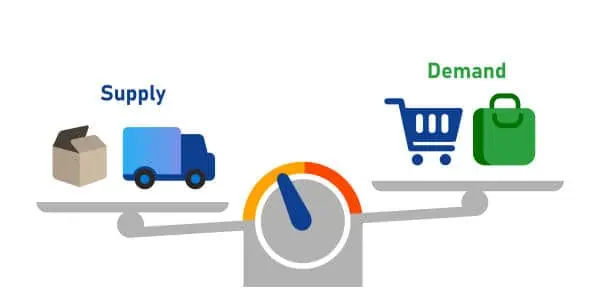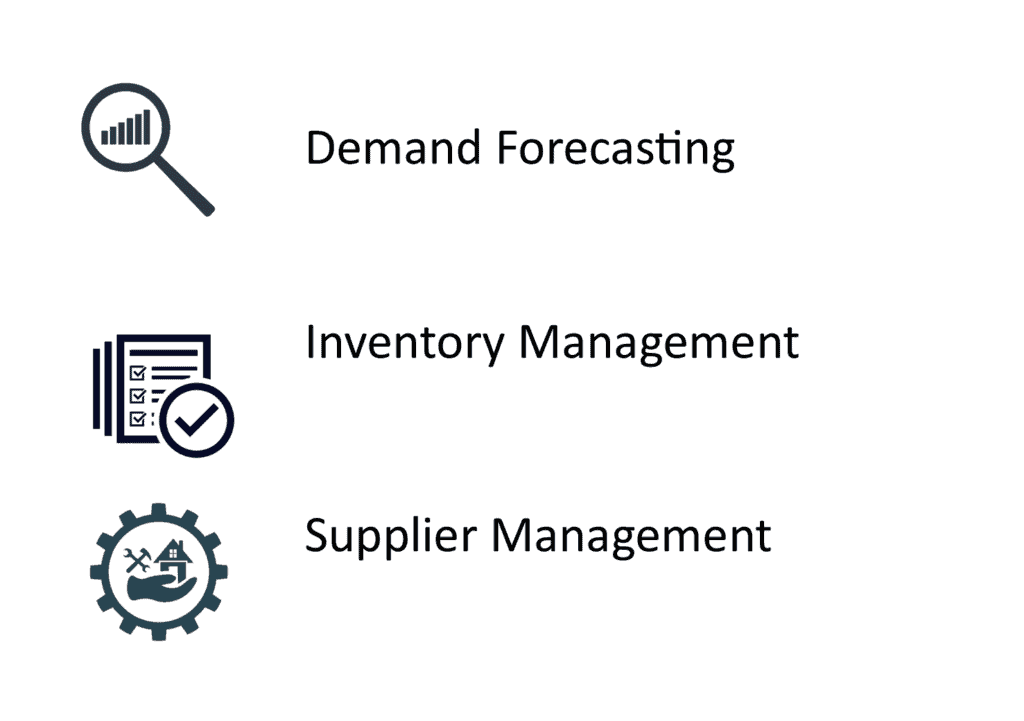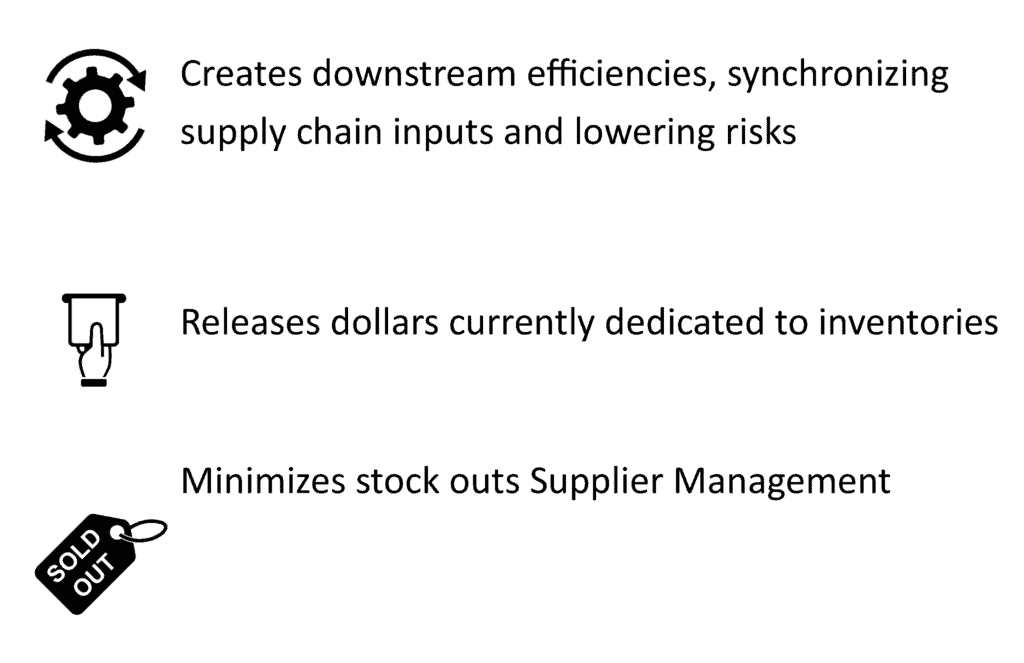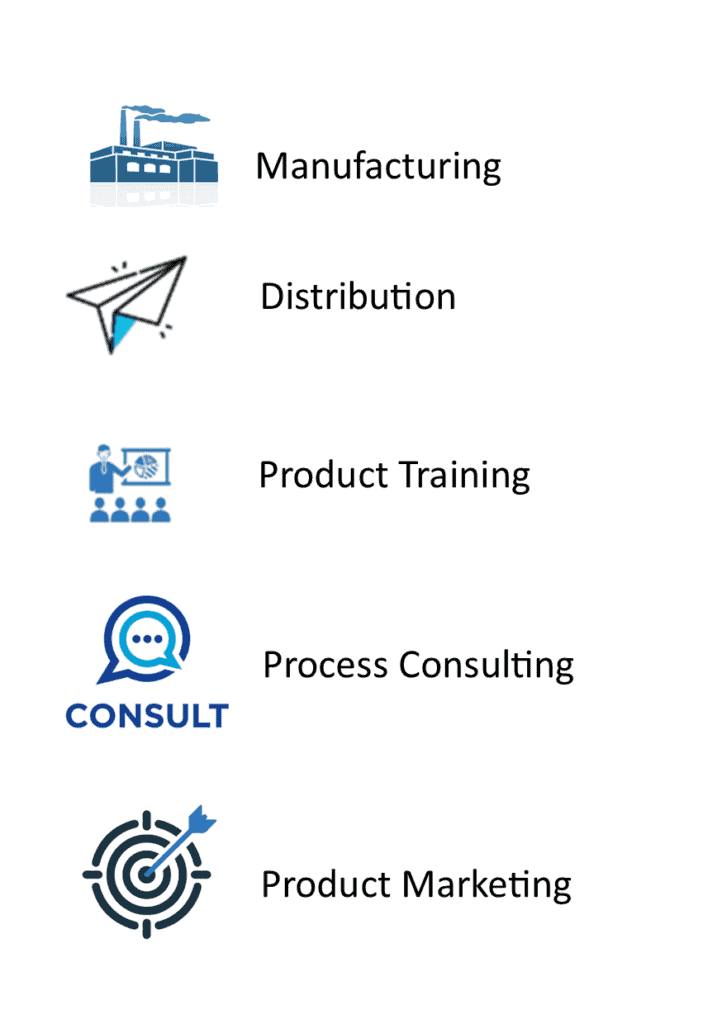Supply Chain Management
Supply chain balancing is a proven way to get the most from your distribution network without having to compromise its benefits.
Supply chains are strategic, indispensable tools that provide considerable organizational benefit. Modern global logistics allow products to ship anywhere in the world. Automakers are therefore able to use globally-sourced inputs to produce products for localized assembly and sale.
We at 3ng Consulting know supply chains and respect their importance and vulnerabilities. Let us help you evaluate and improve yours.

Current Supply Chain Disruptions
Automotive supply chains fuel business operations. So, current disruptions are alarming. Modern supply chains were structured around promised rewards. But these windfalls are now under threat, and solutions must be found.
3ng Consulting understands the complexities of modern supply chains. Our core competencies focus on 3 key areas of supply chain management.
Click here for an updated overview of the ongoing supply chain crisis.


Demand Forecasting
Accurate demand forecasting is critical to supply chain integrity.
If your supply chain generates more risk than reward, 3ng Consulting can help. We deploy both qualitative and quantitative forecasting methods designed to:
- Forecast Demand
- Predict Trends
- Balance supply and demand inconsistencies
Inventory Management
Proper inventory Management consists of:
- Tracking outgoing stock
- Defining on-hand stock
- Identifying obsolete stock
3ng Consulting can help evaluate your current inventory processes and turns to:
- Access par levels
- Rationalize ordering processes and frequencies
- Formulate contingency plans
- Evaluate and quantify potential alternatives, such as drop-shipping
Supplier Management
Suppliers need to be treated as channel partners. They must be invested in your success, meaning their support proposition should include the below right components.
Supply Chain Balancing through Supplier Participation
Supplier Participation is key to your success.
Most automaker supplier agreements limit supplier activities to:
- Production
- Delivery Service Levels
- Price Points
This creates a channel imbalance that automakers must correct for with the help of 3rd party hires. Such engagements are expensive, tapping budgets that could be used more strategically.
Channel partners that are familiar with your business are better positioned to:
- Anticipate business needs
- Advocate for effective enhancements
- Correct for issues resulting from damaged or defective products


Supply Chain Balancing through Supplier Communication
Supplier communication allows automakers to act now based on projected needs.
Most automakers have only limited communication with their Tier 1 suppliers. They have even less with their Tier 2 and Tier 3 suppliers.
Such communication deficits can be devastating, especially when the automaker is relying on Just in Time (JIT) deliveries. Click on this link for a specific, real-world example.
3ng Consulting can help you better focus your supplier communications to improve supply chain visibility and sustainability.
Supply Chain Balancing through Supplier Operations
Supplier operations remain last last invisible piece in the supply chain puzzle.
Most suppliers make continuous tradeoffs between capacity, lead times, and profitability. These adjustments, along with the ways in which they organize their production systems, generally remain invisible to automakers.
So, while capacity is a primary supply chain health indicator, its status is rarely available for evaluation. This explains why automakers have difficulty assessing their supply chains.
3ng Consulting understands the factors that go into a healthy supply chain. Let us help you assess yours.
